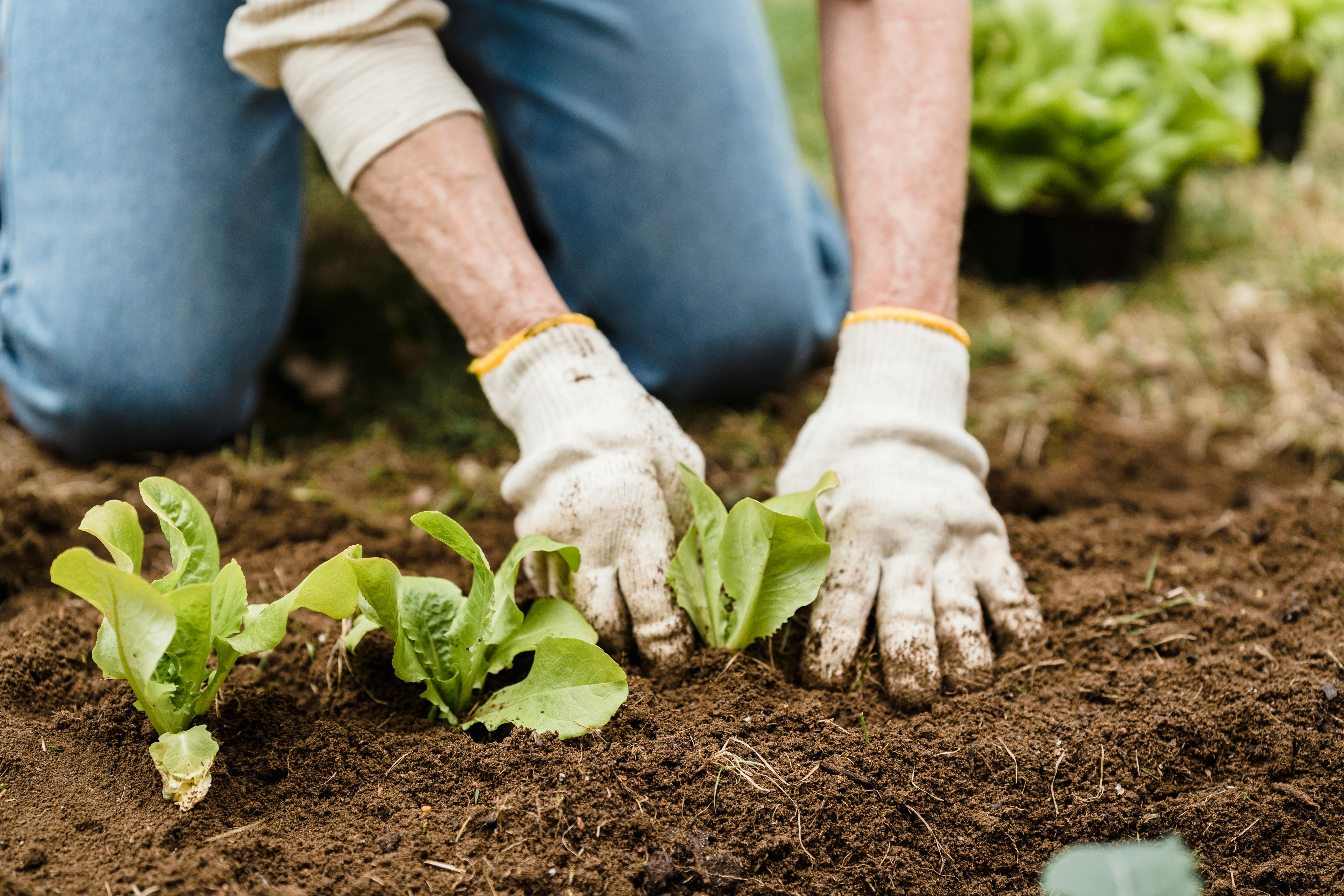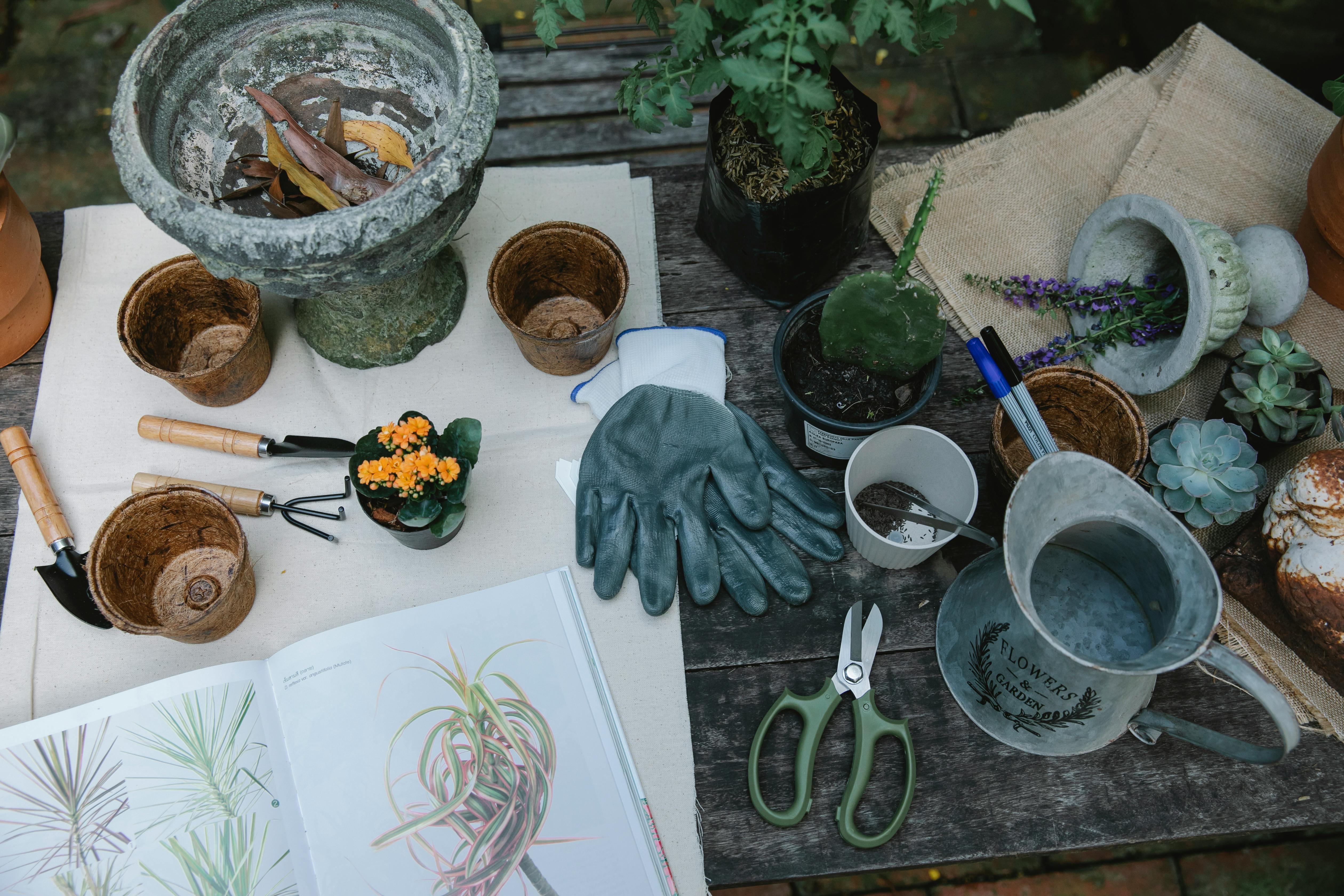Growing brussel sprouts in your garden is a rewarding experience. These hardy vegetables thrive in cool temperatures and can be harvested late in the season. With the right conditions, you can have a steady supply of delicious, homegrown brussel sprouts all season long. Here are some tips to help you get started growing brussel sprouts in your own garden.When selecting Brussels sprouts seeds, it is important to consider the characteristics of each variety. Look for seeds that are disease-resistant and have been bred for flavor. Consider the size of the sprouts you want to grow, as some varieties will produce larger sprouts than others. Also look at how long the variety takes to mature and how much space the plants need. Knowing your growing conditions, such as climate and soil type, will help you decide which variety is best suited for your garden. Finally, read reviews from other gardeners who have grown a particular variety to get an idea of what kind of success they
Preparing the Soil in Your Garden
Soil preparation is an essential part of successful gardening. Preparing the soil before planting ensures that plants will have the best possible environment to grow in. Properly preparing the soil also promotes better drainage and aeration, which helps to keep roots healthy and encourages strong growth. Here are some tips for preparing the soil in your garden.
The first step is to remove weeds and debris from your garden area. Weeds can quickly take over a garden if they are not removed, so be sure
Planting Brussels Sprouts Seeds
Planting Brussels sprouts seeds is a great way to enjoy a homegrown harvest of this delicious vegetable. While Brussels sprouts are typically planted in spring or fall, they can be grown successfully in many climates with the right conditions. When selecting Brussels sprouts seeds, look for varieties that are suited to your climate and soil type. Start the seeds indoors 6-8 weeks before the last frost date, then transplant them outside once the weather warms up.
When planting Brussels sprouts, choose an area that
Watering and Fertilizing Brussels Sprouts
Brussels sprouts are a cool-season vegetable that require regular watering and fertilizing in order to produce a healthy harvest. The best way to water Brussels sprouts is to use drip irrigation or soaker hoses, as this will ensure that the soil stays moist but not soggy. The soil should be kept consistently moist, but not wet for optimal growth. During periods of hot weather, Brussels sprouts may require more frequent watering.
Fertilizing Brussels
https://images.pexels.com/photos/7728082/pexels-photo-7728082.jpeg
Weeding
Weeding is an important part of maintaining a healthy garden. It helps to keep weeds from competing with other plants for nutrients and water. Weeds can also spread disease and pests, so they should be removed as soon as possible. Hand weeding is the most effective way to remove weeds, but there are also chemical herbicides that can be used if necessary. Mulching around plants can also help to prevent weeds from taking hold in the garden.
Controlling Pests

Supporting Brussels Sprouts Plants
Growing Brussels sprouts is a rewarding experience, and there are several steps that can be taken to ensure successful cultivation of these tasty vegetables. The first step is to choose the right variety for your area. Different varieties of Brussels sprouts require different amounts of sunlight, heat, and water, so it is important to select a variety that is well-suited to your local climate.
Once the right variety has been chosen, proper soil preparation and planting is essential. Brussels sprouts prefer soil that is
Harvesting Brussels Sprouts
Harvesting Brussels sprouts is best done when the heads are firm and solid. The ideal size for harvesting is between 1 and 2 inches in diameter. Start by gently twisting the head away from the stem, then cut it off with a sharp knife or pruning shears. Keep in mind that smaller sprouts will have a milder flavor than larger ones. If harvesting late in the season, look for sprouts that have started to turn yellow; these will be sweeter and more tender than those that are still green.
Troubleshooting Common Problems with Brussels Sprouts
Brussels sprouts are a nutritious and delicious vegetable, but they can be tricky to grow. There are several common issues that can arise when growing Brussels sprouts, but fortunately they can be easily solved with a bit of troubleshooting. Here are some tips for troubleshooting common problems with Brussels sprouts:
First, make sure you plant your Brussels sprouts in an area that receives full sun. If the plants receive too little sunlight, they may have stunted growth or produce

Conclusion
Growing brussel sprouts in your garden is a rewarding experience. With proper care and maintenance, you can enjoy a healthy harvest of this nutrient-packed vegetable. When selecting a variety for your garden, take into consideration its characteristics, such as maturity time and cold tolerance. Plant your seedlings in fertile soil, provide them with adequate sunlight and water, and make sure to support the plants with stakes or cages. Monitor the plants regularly to ensure that pests or diseases don’t become an issue. Regular trimming of the lower leaves will also help promote healthy
